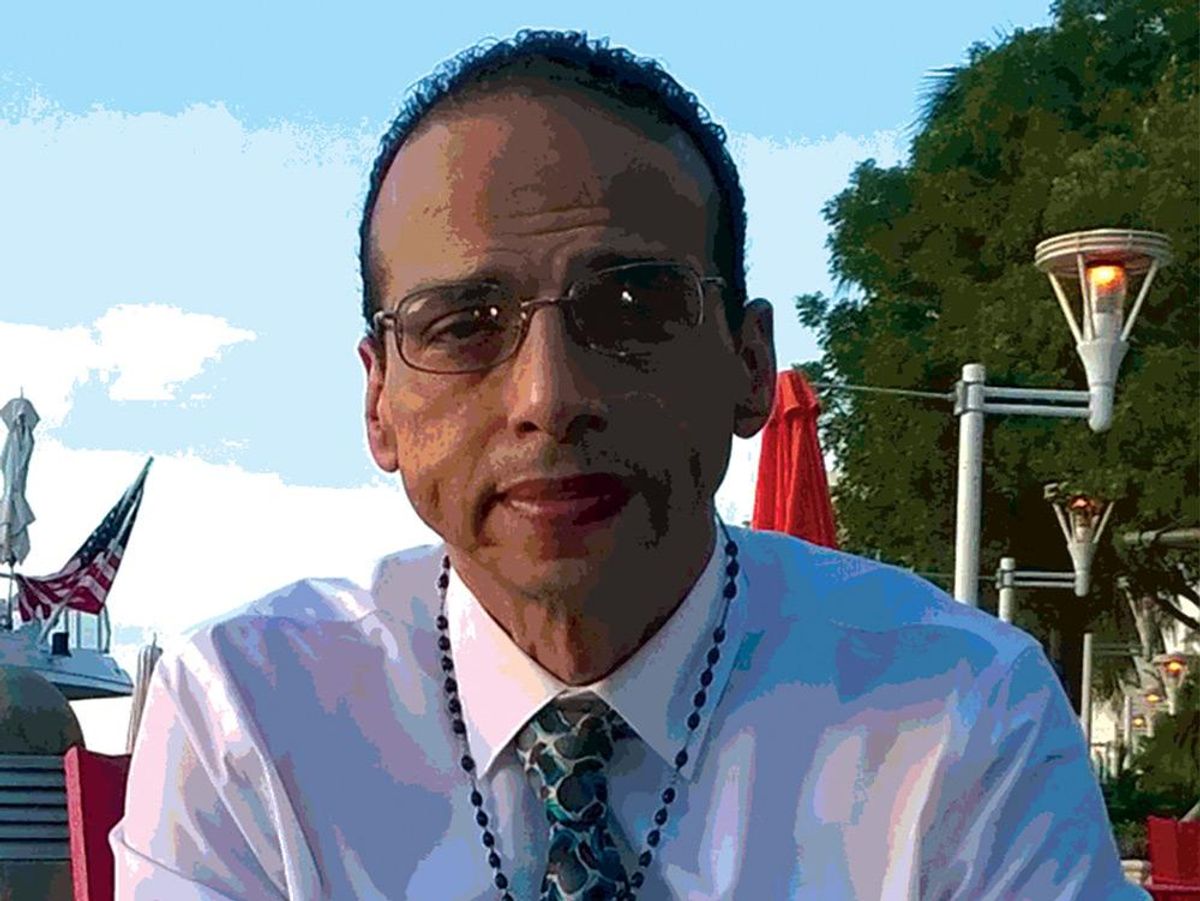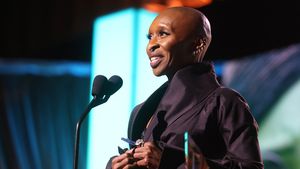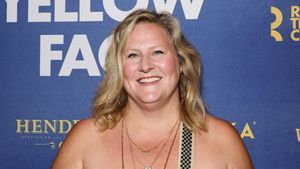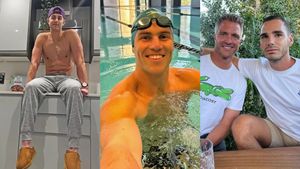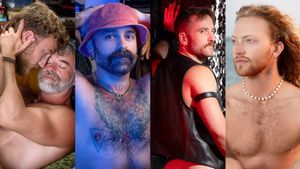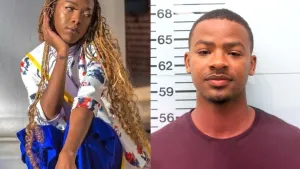What’s a good Catholic boy doing in a place like this? If you’re talking about Eric Martinez, the president and co-founder of Florida’s Positive Mind and Body Support Group Network, the answer is supporting other HIV-positive people. Martinez, a 55-year-old Latino widower, is among the group rarely heard from when it comes to HIV activism. He’s a straight man.
The South Bronx, New York, native who has been living with HIV for 31 years, tested positive at the height of the epidemic. We asked what his experience has been like.
You’ve been living with HIV since 1986, right?
I tested positive during that time. I was sick a lot with the flu, pneumonia, tuberculosis, cat-scratch disease. I was attending a TC rehabilitation, in-patient, with another 200 addicts. (Note: Therapeutic communities, or TCs, are a common form of long-term residential treatment for substance use disorders.)
What was it like fighting HIV during the Reagan years?
Many don’t know how hard it was to fight Washington, especially Reagan’s cabinet, President Reagan, and [his wife] Nancy. People were dying rapidly and Nancy’s “say no to drugs” campaign gave the appearance that drugs was one of the major causes of AIDS — and so was the gay community. President Reagan reinforced the [slogan] “silence=death.”
Have you ever been undetectable?
Yes!
Have you had to deal with resistance?
Yes, I have had to change drugs many times — and am waiting for another generation of antiretrovirals in the next three years, because I have significant side effects right now.
How many different drugs have you been on to fight HIV?
About 15 antiretrovirals, everything from AZT to DDI to present [meds]. (Editor’s note: azidothymidine (AZT) and didanosine (DDI), were the first and second drugs approved to treat HIV and AIDS.)
Do you have any other conditions related to your immune system?
Yes, I have had several opportunistic infections recurring in the past several years.
Latinx folks living with HIV have told me their families have been key to staying healthy. Did your family play a role in your treatment?
Yes, they played a role. They were positive, as best as possible, considering it was the early stages of the disease. They reacted with shock and fear.
Have you experienced AIDS survivor guilt or post-traumatic stress disorder from those early years?
Yes, of course, how can you not have PTSD or survivor guilt when so many have died and many of them were friends? Because of them we have the guilt, but also the will to fight on in their name.
You’re of a group that we rarely hear about when we’re talking about HIV prevention and treatment: straight men. Do you feel like HIV organizations reach out to guys like you?
Not many. When I do encounter a straight, positive man, I find their need is great. HIV does not discriminate — neither does the shame, fear, and isolation felt in any other demographic. It is universal.
Read more from our Long-Term Survivor series here.
